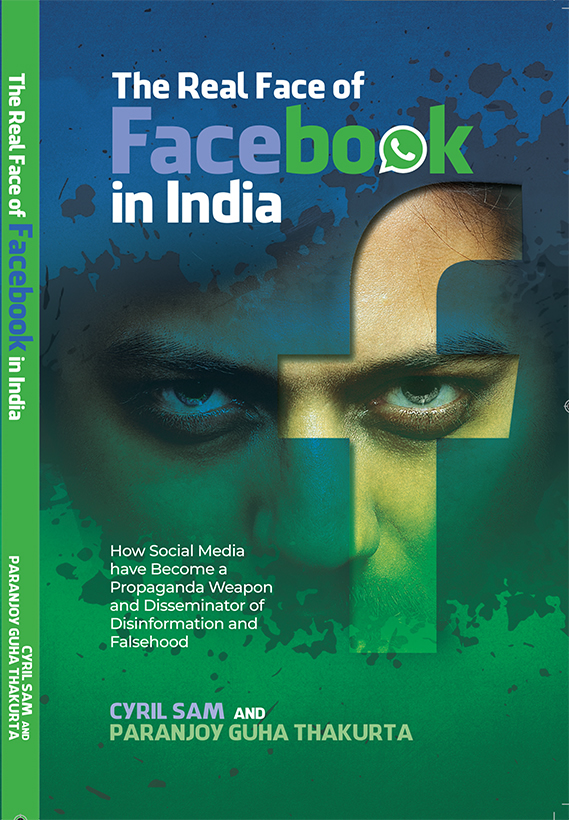Love her or hate her, there's no way you can ignore Mayawati. She may or may not one day become Queen of Delhi or kingmaker, but for an unmarried Dalit woman of 52, her rise to power has been extraordinary. Journalist Ajoy Bose takes us on a thrilling ride through Mayawati's political career that began 28 years ago when her mentor Kanshi Ram dropped in unannounced at her home to persuade her to abandon her plans of joining the IAS, and take up a political career instead where she would lord it over the country's civil servants.
Bose states at the outset that his is not an "official" biography. Daughter of a junior government employee, Mayawati rebelled against her father's bias in favour of his sons. She is portrayed here without papering over her warts and whims, whether it's her penchant for transferring officials, her opportunism, her tolerance for colleagues with criminal records, her weakness for symbols of affluence and pomp, her lack of scruples, her mercurial temperament or her disdain for established procedures.
But Bose is more than just a grudging admirer of Mayawati, not just as head of the country's most populous state on four occasions but as a canny political player who stitched together a rainbow coalition of the uppermost and lowermost social segments with a substantial section of the minority community and a portion of the middle castes thrown in. Bose feels that Mayawati has matured as an administrator while retaining her ability to surprise her opponents.
Far from benefiting from being anointed Kanshi Ram's successor very early in her political career, Mayawati has experienced defeat many times. She lost the first three Lok Sabha elections she contested. Yet she had displayed an amazing ability to claw back—often at the very point when she appeared to have been convincingly vanquished.
Even though Mayawati has apparently chosen not to pamper an 'elite' Dalit cadre of officials in recent months and despite the success of her concerted efforts at wooing Brahmins and Banias, the socially and economically underprivileged have remained—and will, in all likelihood, continue to remain—solidly behind her and the Bahujan Samaj Party. In this respect at least, she is unique among Indian politicians. The corporate media will remain nonplussed by this aspect of Mayawati's appeal to the downtrodden, even as she shows no signs of being bashful about displaying her substantial accumulated wealth and remains contemptuous as ever of journalists (not excluding Bose)—as she is generally of the urban elite.
As Bose points out, whereas the chattering classes will always be critical of her erecting statues of herself and her mentor and for 'wasting' public money on parks and monuments, these are but non-issues for most of her constituents. That the BSP can and does play spoiler is today recognised by the Congress—a party that stands to lose much more than the BJP. Mayawati has displayed her venom against Rahul Gandhi. She's taking no chances. Hers is a 'one-woman' party with an organisation that has become efficient over the years. Her rivals had earlier tended to underrate her abilities. Today nobody dares mess with her. If the country's polity becomes more fractious as it well might after the next general elections, she's the one to watch out for.


